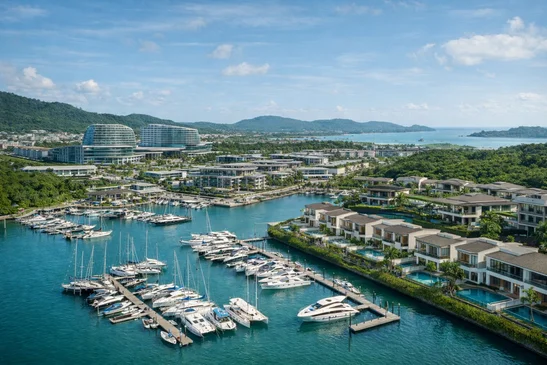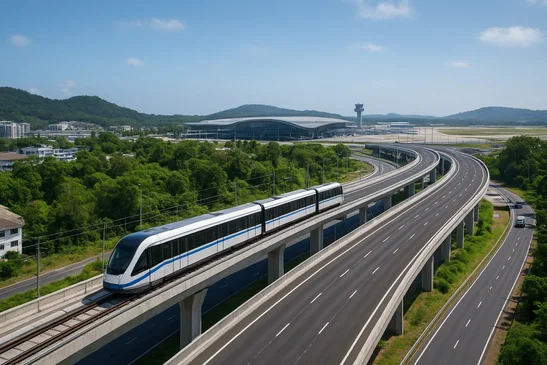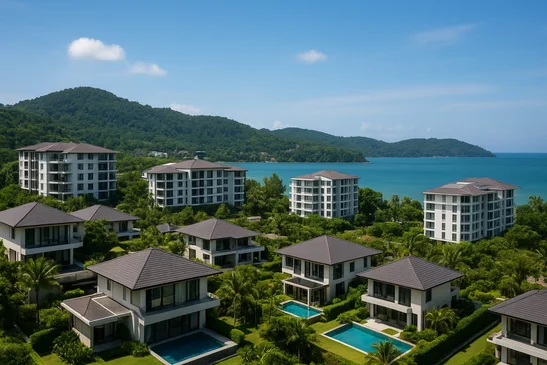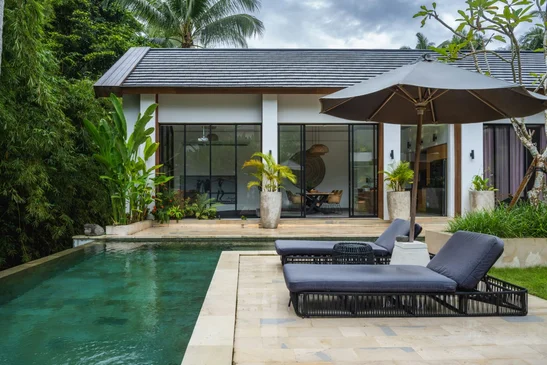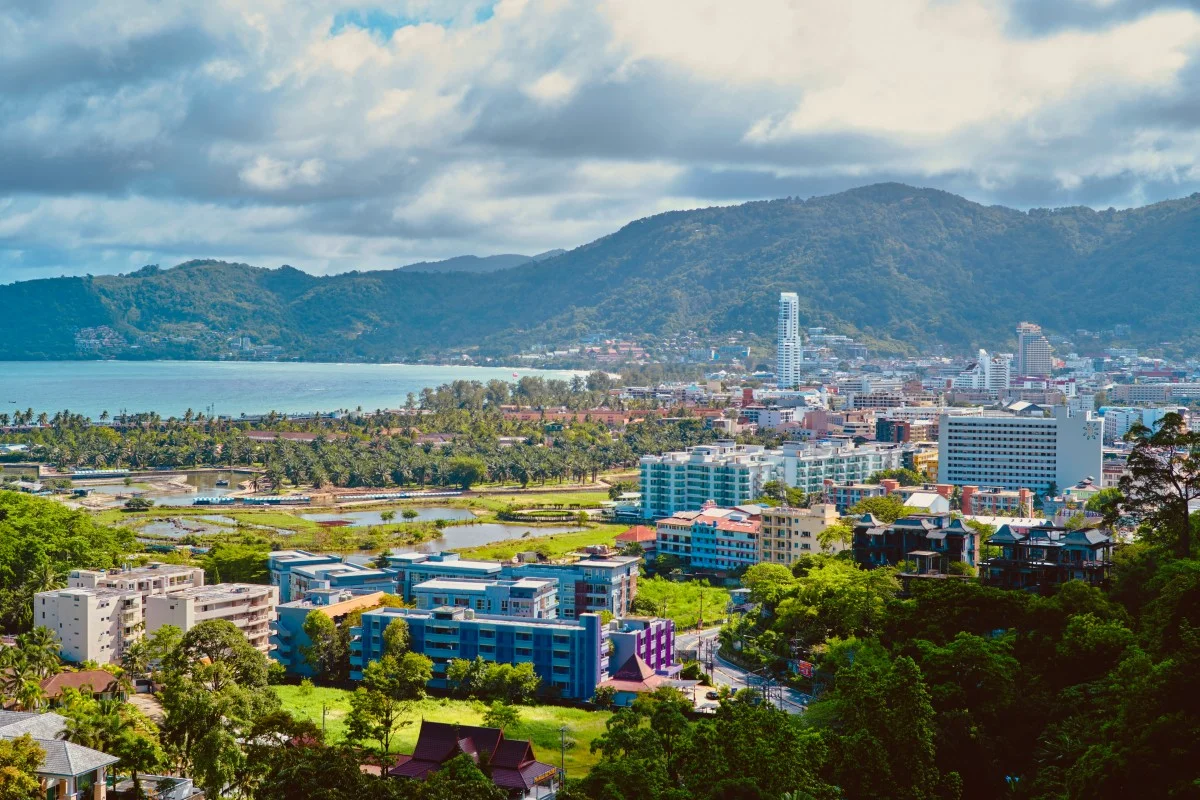
Thailand is preparing to implement sweeping economic reforms that could reshape the country's property landscape, especially in real estate investment hotspots like Phuket. Two key proposals have drawn serious attention from both domestic and international stakeholders: a 99-year land lease for foreigners and a new 10-year tourist visa.
Announced by Deputy Prime Minister and Finance Minister Pichai Chunhavajira at the Thailand Capital Market Forum 2025, these initiatives are designed to attract long-term foreign residents, high-net-worth individuals, and global business players. The proposed reforms aim to counteract demographic pressures and drive sustainable economic growth by making Thailand more competitive with investment hubs like Singapore and Malaysia.
99-Year Lease Proposal: A Game-Changer for Foreign Investment

Image by jcomp on Freepik
Thailand currently limits land leases for foreigners to 30 years, with optional renewals. The proposed 99-year lease would align Thai property laws with global investor expectations, increasing confidence and unlocking greater capital inflows.
Key Implications for Phuket
Phuket, one of Thailand’s most sought-after destinations for both lifestyle buyers and investors, stands to benefit significantly:
- Long-Term Stability: A 99-year lease introduces security of tenure for foreign buyers, making properties more viable for inheritance, resale, or long-term rental strategies.
- Bankability: Leases of this length could be used as collateral for mortgages or business loans, increasing liquidity and financing options.
- Developer Incentives: Stable long-term leases reduce financial risk for developers, allowing for better planning and potentially more ambitious projects, including branded residences and mixed-use developments.
Market Reaction and Local Concerns
While investors have largely welcomed the news, concerns remain:
- Community Impact: Local communities worry about overdevelopment, resource strain, and environmental degradation, particularly in sensitive coastal areas.
- Illegal Rentals: Longer leases may inadvertently fuel short-term rental activity in unregulated villas and condos, impacting hotels and legal operators.
- Policy Uncertainty: The lease reform requires amendments to existing land laws and has not yet been finalized. Investors are advised to monitor regulatory updates closely.
10-Year Long-Term Visa: Attracting Talent and Investment

Alongside the lease proposal, the Thai government is also considering the introduction of a 10-year long-term visa for highly skilled professionals, investors, technology entrepreneurs, and individuals with stable income seeking residence in Thailand.
This initiative is intended to counteract the shrinking working-age population and stimulate economic growth by drawing top global talent and capital. According to Minister Pichai, the goal is to support labor market expansion and reduce the impact of an aging population by inviting high-value individuals to live, work, and invest in Thailand.
Real Estate Impacts in Phuket
- Increased Property Demand: Long-stay visas are likely to boost interest in mid- to high-end properties, particularly among professionals, entrepreneurs, and affluent individuals.
- Stronger Rental Market: A larger pool of long-term residents supports stable rental yields, benefiting both local landlords and international investors.
- Capital Appreciation: Demand growth could lead to higher property values, especially in areas near international schools, beaches, and lifestyle centers.
Risks and Market Variables
- Tourism Dependency: Phuket’s real estate remains heavily influenced by tourism trends. Any downturn could soften demand.
- Policy Constraints: Ongoing restrictions on foreign land ownership and taxation changes could limit the long-term impact of the visa policy.
- Competitive Landscape: With more developers entering the market, supply could catch up quickly, leading to price normalization.
Strategic Outlook for Investors
Together, the 99-year lease and long-term visa represent a potential paradigm shift for foreign property investment in Thailand. For Phuket in particular, these policies could strengthen its positioning as a premium investment destination in Southeast Asia.
However, both proposals are still in preliminary stages and have not been enacted. Foreign investors should adopt a watchful approach, consult legal and real estate professionals, and focus on well-located, high-quality developments with a strong track record.
Thinking about buying in Phuket?
Our Property Experts Can Help You Navigate the Changing Landscape
Get personalized advice on the best areas, legal structures, and investment opportunities.
- Browse Properties for sale
- Or contact our expert team for tailored property advice.

